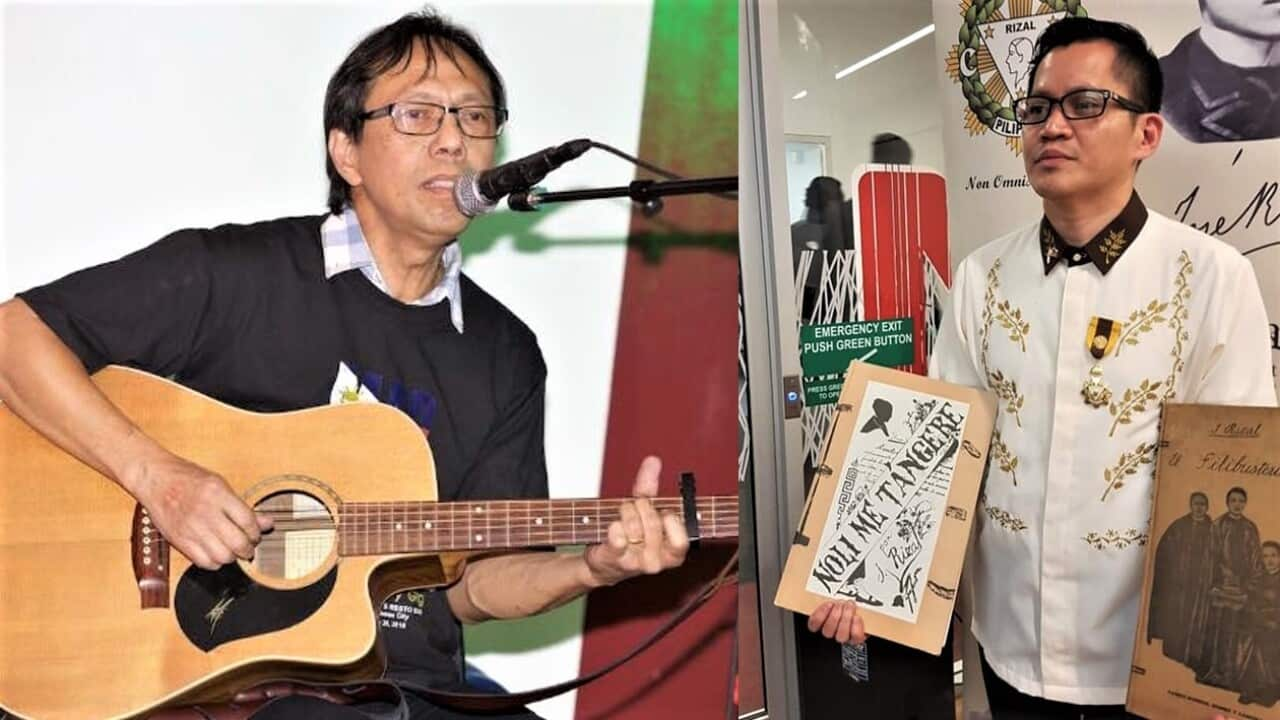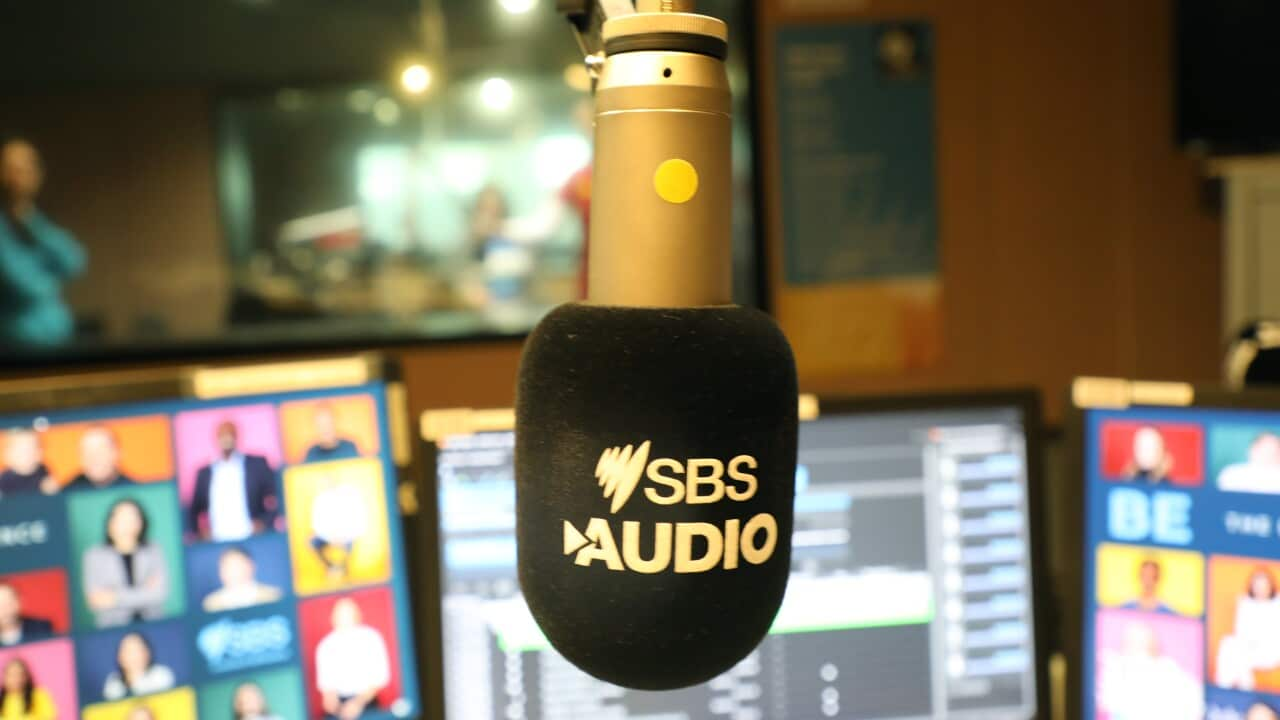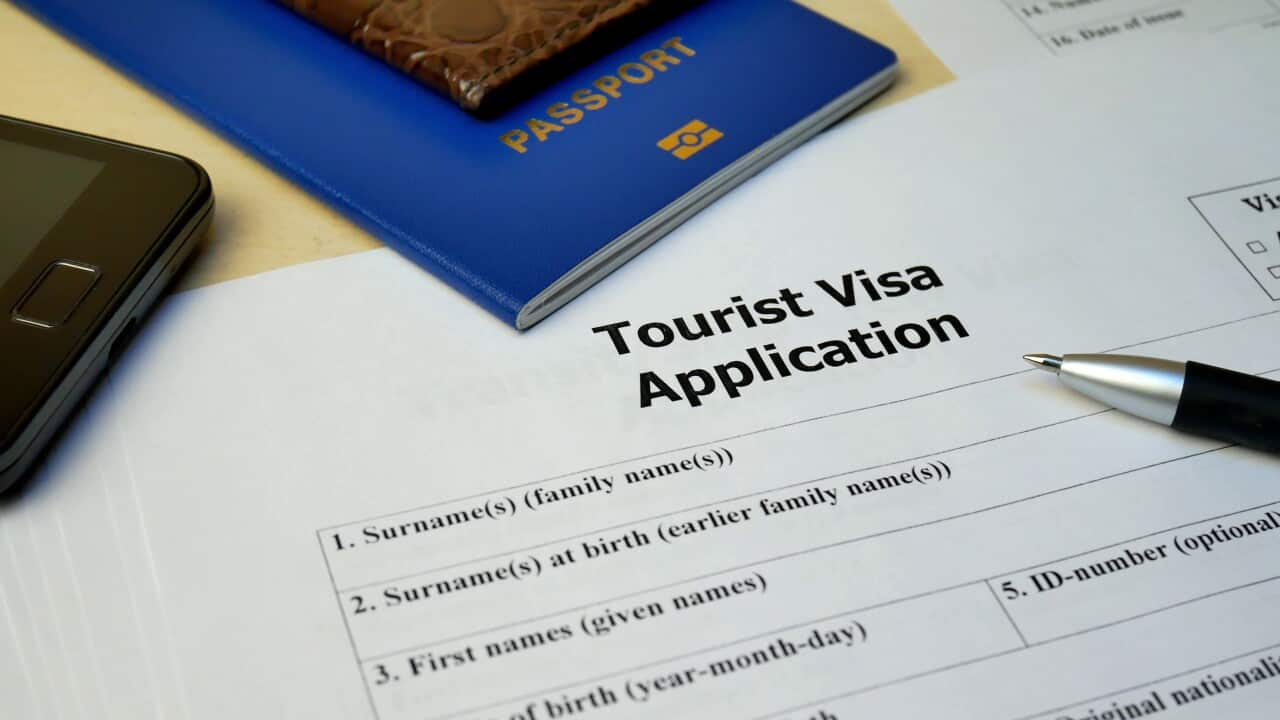Key Points
- Desire for Filipinos: 'Don't forget your roots'
- Music and arts play a big part in preserving the Filipino language.
- The Philippines celebrates 'Buwan ng Wika' giving emphasis on the over 187 languages in the country.
Poetry and Music
Community leader and poet Rado Gatchalian and singer-composer Rene Tinapay continue to collaborate to promote the Filipino language through 'TulaMusika' (Poems & Music).
"It has become my advocacy that even when we are already living in another country to foster, celebrate and keep using our own Filipino language," says Rado Gatchalian, Vice-President (External) of the Tagalog Association of Australia .
Rado, a former teacher, shares that he began writing his own poems in grade school.
Since moving to Sydney in 2006, his love for his home country further deepened.

Western Sydney singer/composer Rene Tinapay has been writing original Filipino songs for decades.
Although he has been living in Australia for years, his love for the Philippines persisted.
Through their own initiatives, Rado and Rene aspire to pass on the Filipino language to the younger generation through poetry and music.
"With every word I say, they say they can feel my being Filipino. So every time the audience hears my poetry, they are inspired to speak Tagalog or Filipino," Rado shares.
'Buwan ng Wika'
Rado recalls how active he was in participating at school events and activities during the 'Buwan ng Wika' celebrations in the Philippines.
Schools government agencies and private institutions celebrate 'Buwan Ng Wika' every August.
"Oftentimes, there would be poetry writing competitions and Balagtasan."
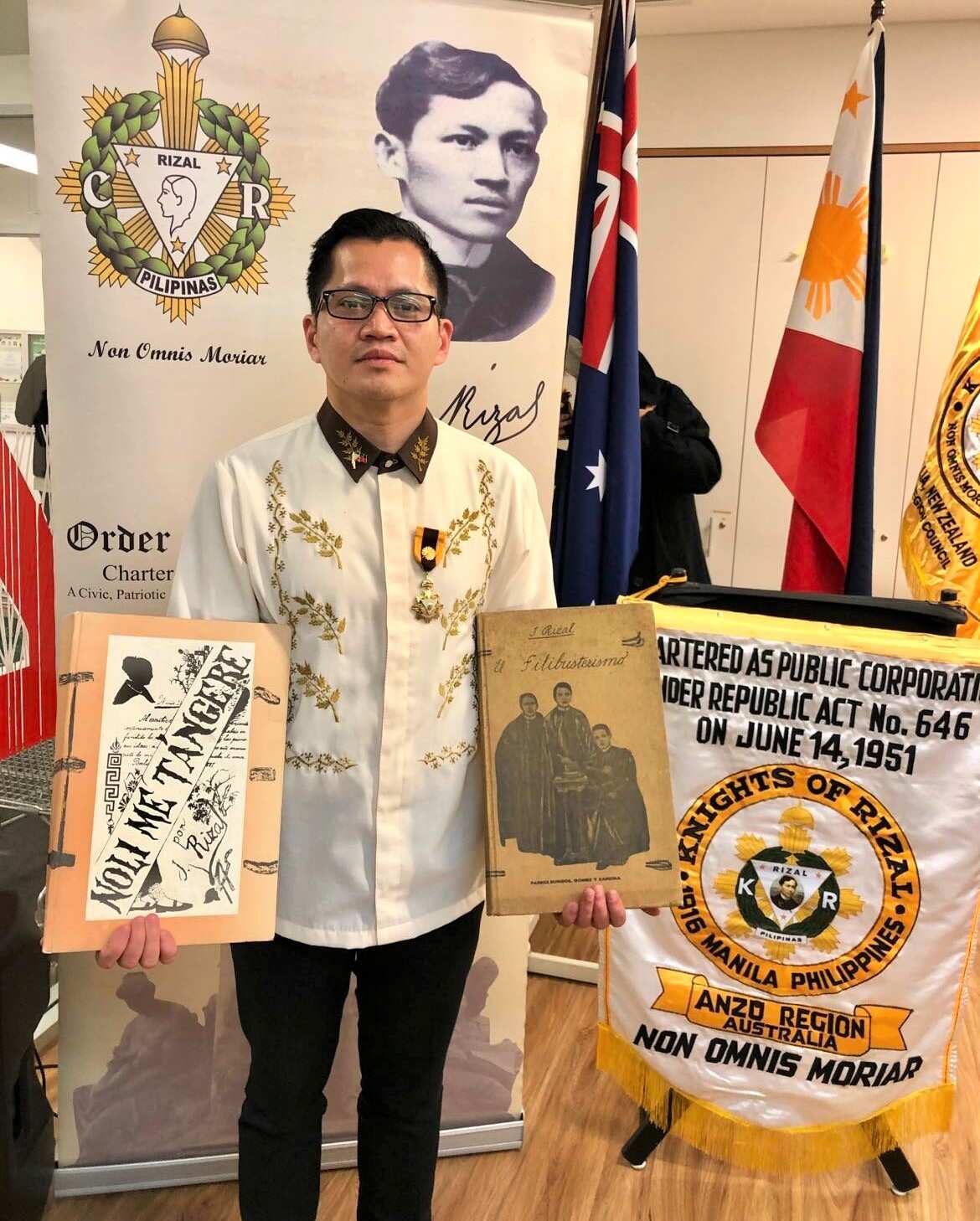
The Commission on the Filipino Language leads the annual celebrations for the Buwan ng Wika.
This year, 2022, the focus is "Filipino at mga Katutubong Wika: Kasangkapan sa pagtuklas at paglikha" (Filipino and Native Languages: Tools for discovery and Creation).
"This year is not only focused on the importance of using the Filipino language [mainly based on Tagalog], but on other regional languages and dialects in the Philippines," Rado adds.
The Philippines has over 187 various languages including Filipino, Tagalog, Cebuano and Ilocano.
'Desiderata for Filipinos'
"Mostly, when migrants arrive in a new country, such as Australia, many parents worry that their children may not be able to speak English, so they just speak to them in English."
Using one's own language is one of the challenges that many migrants often face.
"They are afraid that if they continue to speak Tagalog or Filipino, they will not be able to fit in with others, especially those who speak English," Rado says.
"It is very important that we continue to use our mother tongue especially at home, because children will learn English easily."
"The best way we can pass on our Filipino language to the younger generation is by speaking it."
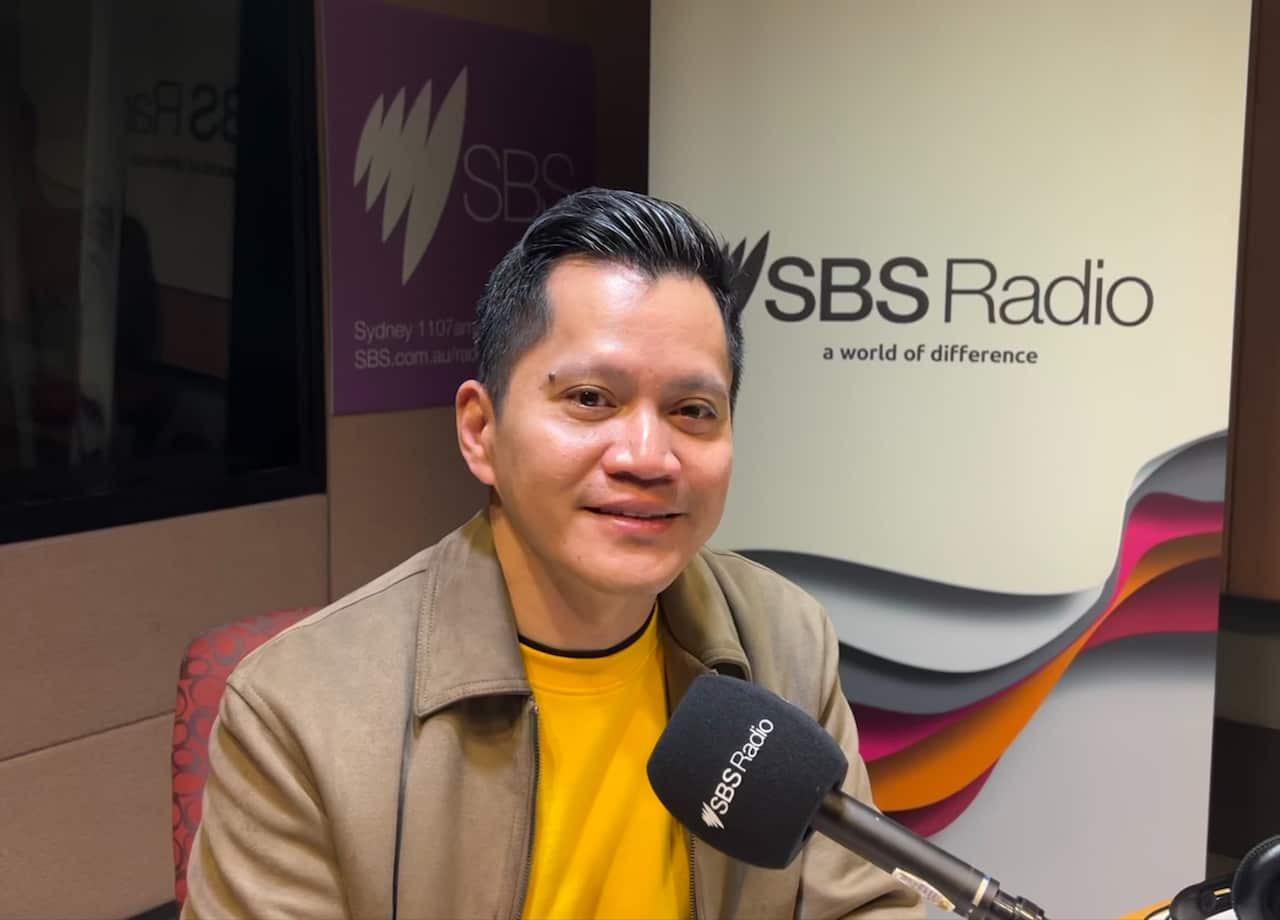
Just like what Rado has penned in one of his poems, 'Desiderata para sa Pilipino', "huwag kalimutan ang iyong pinagmulan, sa lupang sinilangan naroon ang iyong kaluluwa na huhubog sa iyong pangarap at kung saan ka patungo bilang isang tao." ("don't forget where you came from, the land of your birth where your soul is, will help your dreams take shape and knows where you are headed to as a person.")
Literature, arts and music are just some of the ways to further cultivate and enrich our language.
